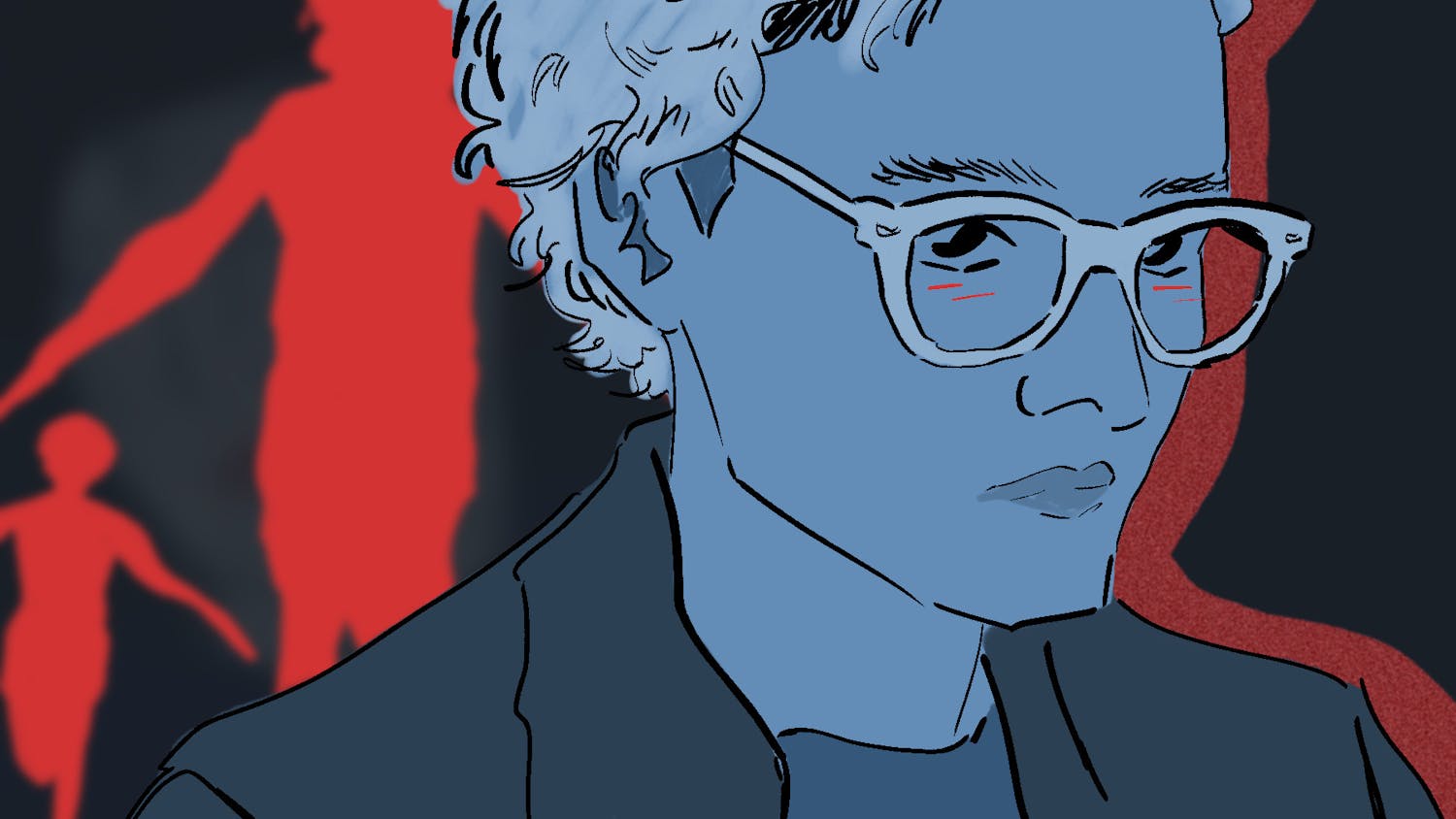"Hilary and Jackie," directed by Anand Tucker, has all the elements inherent in a film that would hope to boast immediate critical success. Based on the life and times of renowned concert cellist Jacqueline du Pre, the film seems to have sprung from the same creative fountain that gave birth to the 1997 hit, "Shine." Although not quite as good a film as "Shine," "Hilary and Jackie" still manages to capture the tortured circumstances that define the relationship between an artist and her family, and an artist and her instrument.
By far the best scenes in the film describe the continuing mental deterioration of Jackie du Pre, played by Emily Watson. Convinced that she can hear her cello screaming and crying, even when it is lying untouched on a hotel room floor, Jackie is compelled to leave the cello outside, in the snow, where it can no longer disturb her.
Unfortunately, however, the film lacks a commitment to explore the psychological impact that Jackie's success as a musician has had on both her and her sister, Hilary, played by Rachel Griffiths.
Instead, the film takes a turn and establishes the physical aspects that plague Jacqueline. The sequence of the film that deals with Jackie's lapse into paralysis, due to multiple sclerosis, is far too drawn out and tends to border on the melodramatic. Likewise, Jackie's dwindling physical health does very little to explain the decline in her mental stability that occurred before her illness was even diagnosed.
Perhaps the problem with the film's inability to penetrate the minds of any of its characters is due to its structure. At this particular point in filmmaking, it seems that cinematic experimentation and innovation have taken over the art of thought provoking story-telling.
While indeed there are some fascinating sequences that feature dizzying camera movements of Jackie performing her music on stage, there comes a point where it all seems far too exaggerated and unnecessary.
The film itself evolves in three separate "movements." The first is an introduction to the two du Pre sisters. Hilary, the oldest, is a promising flutist. Jackie, the younger sister, is determined to achieve the same recognition that has been awarded to her sister. She practices on her cello repeatedly until, eventually, she manages to surpass Hilary's own accomplishments.
The second movement is the part of the film devoted to Hilary's life. Clearly unable to compete with her sister's success, Hilary chooses a route that leads to a more traditional lifestyle. She marries early to a handsome musician who can appreciate her own musical talents. She settles in a country home with her army of young children and tends happily to her flock of chickens.
Her sister reenters her life years later, apparently with the intention to ruin the life Hilary has worked so hard to achieve. When Jackie demands to sleep with Hilary's husband, the relationship between the two sisters becomes strained at best, until Hilary decides that Jackie's happiness means more to her than her own.
The third movement then follows, and we are forced to slip back into the past and pick up the entire story, this time from Jackie's perspective. We are torn, at this point, with the dread of having to see the details of the story unfold once again, and yet we are held in suspense, curious for any reason to explain why Jacqueline would have evolved into such a nutcase. The story suggests here that Jackie is aware of her declining health and the thought of having to live her life without the ability to create her music is the driving force that leads to her eventual nervous breakdown.
Watson, whose first starring role cast her in "Breaking the Waves", is perhaps the icon of a woman on the verge of a mental breakdown. It comes as no surprise, then, that her interpretation of the Jacqueline du Pre character is tearfully convincing. Unfortunately, however, it is hard to tell where Watson's highly-tuned sense of subtle psychosis gives way to her over zealous attempt to play a seizure stricken cripple.
For example, the change in Jacqueline's accent once she comes home with an Argentinean fiancee is hard to explain. Has her voice changed due to early symptoms of multiple sclerosis? Or has success in the world of music affected her so much, she has adopted a new accent in order to sound more cultured?
In the end, "Hilary and Jackie" does, in fact, come across as a touching account about realistic and tender relationships between family members and lovers. Unfortunately, Tucker has taken the story-telling a few steps too far, and by including unnecessarily maudlin scenes, as well as overtly artistic camera movements, he actually makes a particularly insightful story a little less poignant.



